|
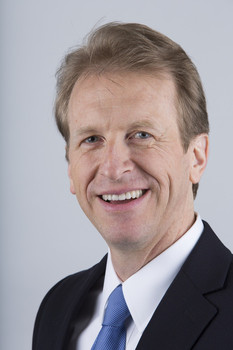
|
Responding to a World in 'Permacrisis'
1/9/24
Daniel Speckhard
Bombarded by an explosion of natural disasters, health crises, wars, political instability, and economic dislocation, governments are overwhelmed, business struggles to navigate the uncertainty, non-profits cannot meet the demand, and media has lost its independent voice. Amb. Daniel Speckhard will speak to the transformational change needed to confront the existential challenges facing the world. |
|
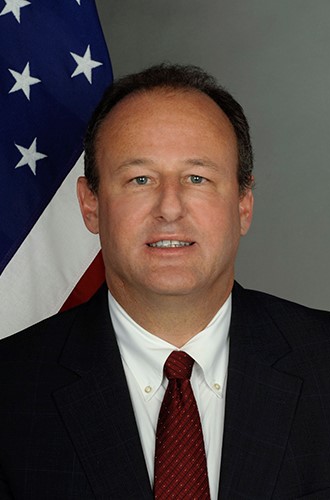
|
A Fragile Balkan Region in the Vortex of War in Ukraine
1/16/24
Eric Rubin
Russia's re-invasion of Ukraine last year changed the stakes for U.S. involvement in Europe. Drawing on his experience in ex-Yugoslavia going back to 1991, and more recently as U.S. Ambassador to Bulgaria, Amb. Eric Rubin will look at the region as an example of the new realities facing American foreign policy. |
|

|
Ukraine: Lessons in Modern Warfare
1/23/24
Nolan Peterson
Russia's invasion of Ukraine was also a wake-up call for the U.S. military, underscoring how the next war America fights will be dramatically different than the previous decades of counterinsurgency operations. Nolan Peterson has reported on the war since 2014. A former Air Force Special Operations pilot, he will discuss what lessons we have learned. |
|
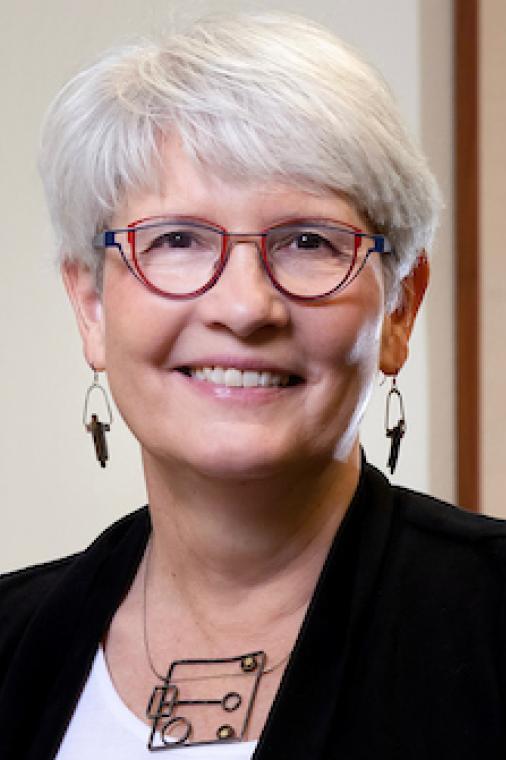
|
Taiwan: Economic Powerhouse, Security Flash Point
1/30/24
Shelley Rigger
Taiwan has an outsize role in the world economy but is a thorny political issue in US-China relations. Dr. Shelley Rigger will explain why Taiwan is of enduring value to the United States and why we should commit resources so the people of Taiwan can choose their relationship with the PRC. |
|

|
The Changing Climate and our Changing World
2/6/24
Bob Bunting
The global climate is warming. Bob Bunting will discuss what we face during the next 30 years and what we can do about it. He is a renowned scientist, businessman, entrepreneur and teacher. He will present a unique outlook and offer specific solutions for our specific area as the climate continues warming and climate disruptions increase. |
|
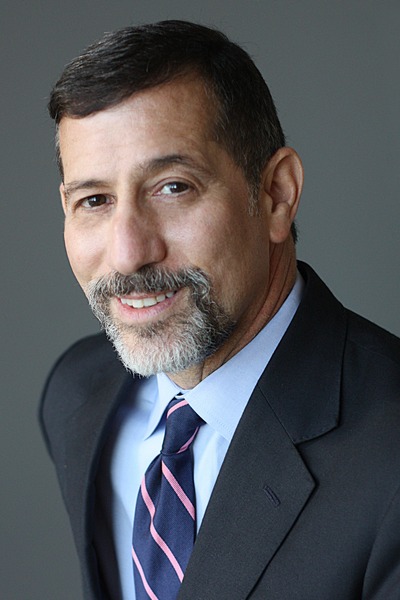
|
The War on Terror Twenty Years Later: Are We Safer Now?
2/13/24
Bruce Hoffman
Are we safer today from terrorism than we were on September 11, 2001? If bin Laden were alive today what would he say? Dr. Bruce Hoffman answers both questions through an assessment of the two decades America has spent fighting terrorism including the effect of new laws and new agencies. He wiil also evaluate whether the United States is better prepared and equipped to defeat terrorism today than it was on 9/11. |
|

|
Iran: The Womenís Rights Moment
2/20/24
Roya Hakakian
When a 22-year-old Iranian woman came to Tehran to visit relatives, she was arrested for nothing more than hair peeking out of her headscarf. Beaten while in custody, she later died. Roya Hakakian will discuss why, while others have suffered a similar fate, this particular murder sparked the largest movement in Iran in 44 years. |
|
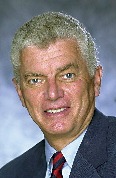
|
Outsmarting and Containing Putin: The Ukraine Trap
2/27/24
Robert Barylski
Putin lost the peace which ended the first phase in Ukraineís war of independence. No major country, not even China, formally recognized his gains. The U.S. invested heavily in building Ukraineís ability to defend itself. Putin knew time was not on his side and attacked massively in February 2022. Dr. Robert Barylski will explain where we are now and what comes next. |
|
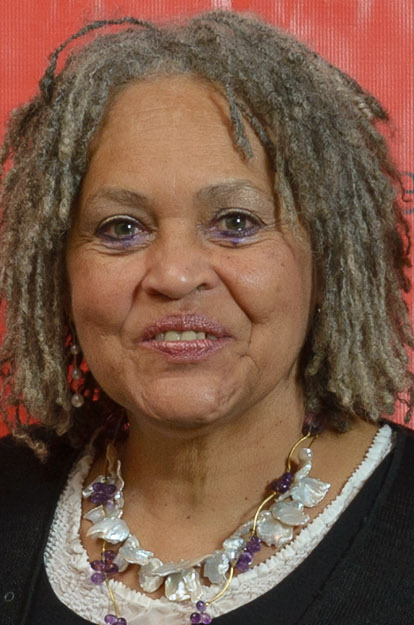
|
Trying Times, Troubled Times - The Reasons to be Optimistic
3/5/24
Charlayne Hunter-Gault
Growing up in the segregated South, parents, neighborhoods, schools and churches equipped black children with the armor of history helping many to thrive and be hopeful. Charlayne Hunter-Gault will share that history to hopefully help create a more perfect union. |
|
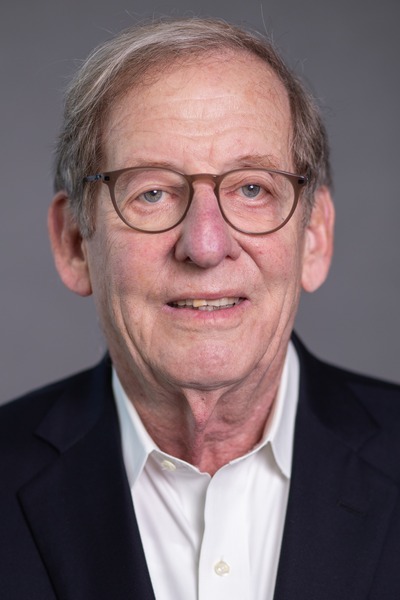
|
Russia, Ukraine and European Energy Security
3/12/24
Richard Morningstar
Following Russia's invasion of Ukraine, countries around the world have experienced soaring energy prices.
Energy security is a major concern of many EU countries who had traditionally imported Russian gas. Amb. Richard Morningstar will discuss this crisis and the outlook for new alternative energy sources. |
|
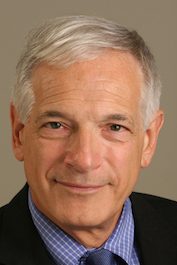
|
The Growing Proliferation of Nuclear Weapons: Critical Threat to International Security?
3/19/24
Robert Gallucci
During the Cold War, the overarching international concern was nuclear war. After the fall of the Soviet Union, concern turned from nuclear holocaust fears to nuclear terrorism. Amb. Robert Gallucci will discuss the heightened risk presented by nuclear weapons in the hands of governments in South and Northeast Asia, the Middle-East, Russia and China. |
|
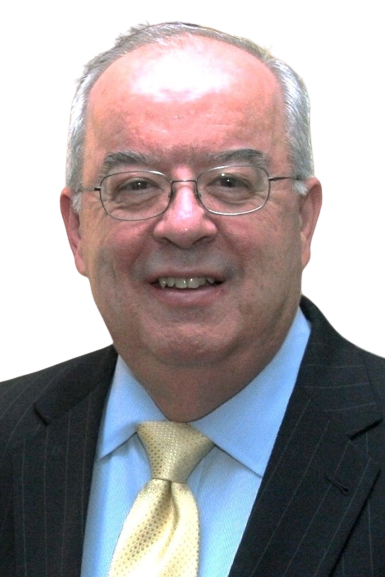
|
A Message from Japan:
Dear China, Asia Does Not Belong to You
3/26/24
John Malott
U.S. Marine jet fighters have landed on Japanese aircraft carriers, and Japan has conducted naval exercises with India and Australia.
Amb. John Malott will explain how Japanís role in the world is changing faster than anyone could have imagined, even ten years ago. Where is Japan going globally, and what does it mean for the United States? |
|


